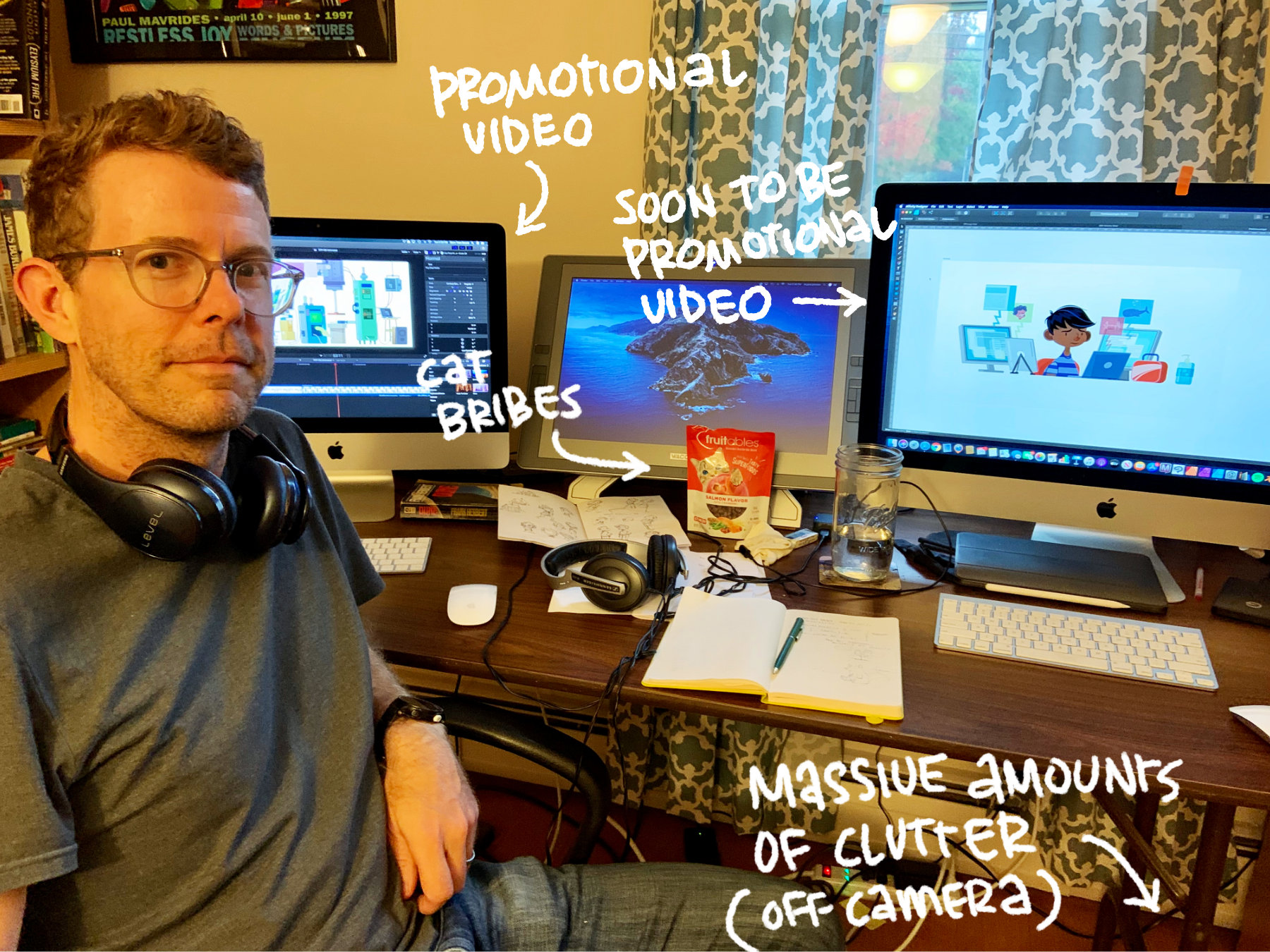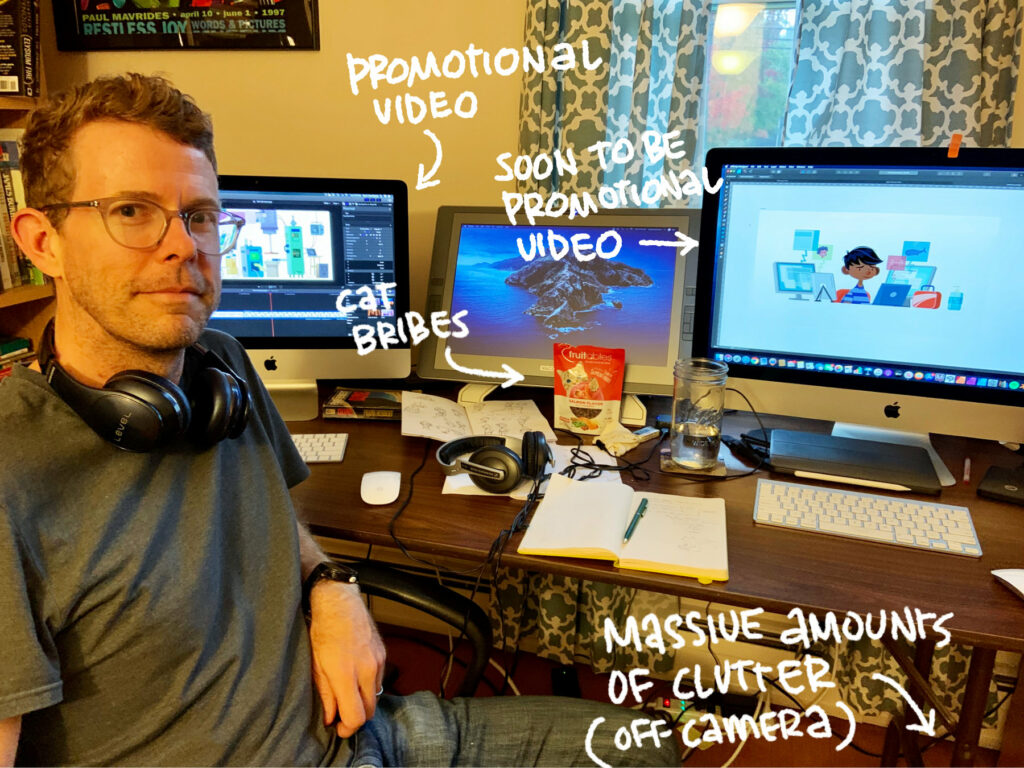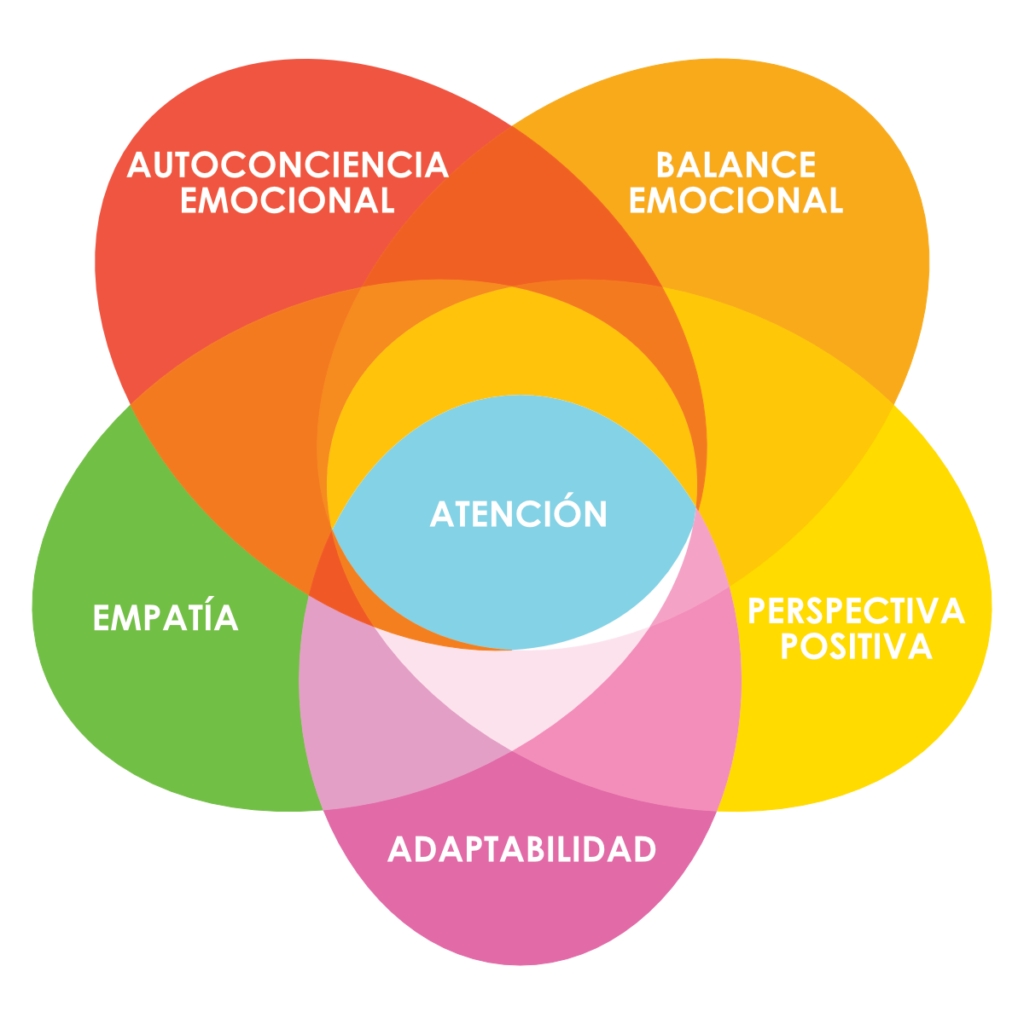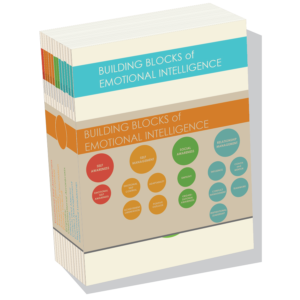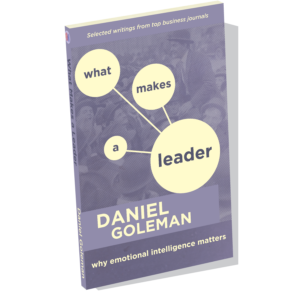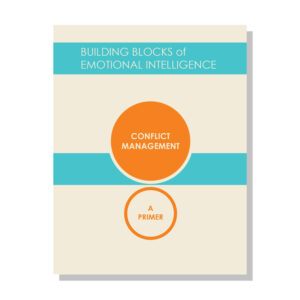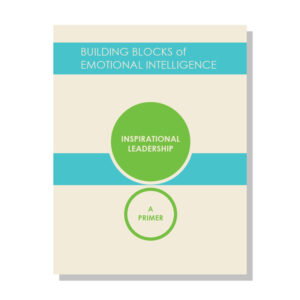Read in English
Nací en Puerto Cabello, una idílica ciudad
costera, en la bella Venezuela. Soy hija de inmigrantes portugueses, mis padres
como tantos otros, vinieron de Europa para construir un mejor futuro en un país
en rápido crecimiento.
Venezuela recibió a mis queridos padres con la
templanza de sus paisajes, la calidez y alegría de su gente y con toda su
disposición a compartir su prosperidad con aquellos que con trabajo arduo
decidieron ser parte de este, su país adoptivo.
La conexión humana en Venezuela es muy estrecha,
y siempre fue fácil encontrar una excusa para reunirnos con amigos para
celebrar, ver un juego o una película juntos, o simplemente brindar por la
vida.
Hoy en día, la realidad para una inmensa mayoría
en Venezuela es diferente. Nuestra prometedora Venezuela se derrumbó; las cosas
que alguna vez dimos por sentadas ya no existen. Incluso los alimentos básicos
son escasos, y muchas personas se ven obligadas a buscarlos en la basura,
tomando turnos para buscar restos que compartir.
Las calles han perdido alegría, el miedo ha
ocupado su lugar y la inseguridad ha crecido a pasos agigantados. La corrupción
de nuestras clases políticas es abismal, causando disparidad y alienación. Solo
aquellos que tienen los recursos para pagarle a alguien por un pasaporte pueden
soñar con un destino diferente; tal vez un destino como el que soñaron mis
padres cuando salieron de Europa hace tantos años.
Quienes aún encuentran motivos para permanecer en
Venezuela, o simplemente no tienen los recursos para irse, han aceptado tener
agua algunos días, electricidad e internet (cuando se tiene) inestable y una
dieta que depende de lo que este disponible. Recibimos con cierta normalidad
las noticias de un ser querido asesinado a manos de un delincuente (con
uniforme o no).
A pesar de la belleza de nuestro paisaje y sus abundantes recursos naturales, hoy vivimos en esta crisis. Durante la reciente situación del apagón en Venezuela, me permití reflexionar sobre como el conocimiento adquirido en mi entrenamiento en Inteligencia Emocional podría ayudarnos a mí ya mi familia durante esos oscuros días.
En mi experiencia, tener Inteligencia Emocional
marcó la diferencia entre sobrevivir la experiencia y vivirla con propósito.
¿Cómo puede ser útil la inteligencia emocional cuando nuestras necesidades básicas están en juego?
Autoconciencia emocional
Lo primero que debes tener en cuenta son tus emociones.
Por unos minutos cada mañana y todas las noches
practiqué meditación para calmar mi respiración. Durante el día, tomé
conscientemente la decisión de escuchar mi cuerpo y asociar sus cambios con mis
emociones. Eso me dió la oportunidad de intervenir antes de que mis emociones
aumentaran. Cuando los latidos de mi corazón se aceleraban y sentía un cierto nudo
en el pecho y la garganta, sabia que estaba en presencia del miedo o la
angustia, que me acompañaron durante esos días.
Hice un esfuerzo por identificar el
desencadenante de esas emociones y reacciones en mi cuerpo. Me di cuenta de que
los factores desencadenantes ocurrían cuando revisaba mentalmente mi plan para
enfrentar el día sin agua, sin electricidad, con alimentos sin refrigerar y con
opciones limitadas para cubrir mis necesidades básicas. Durante estos momentos,
los latidos desordenados en mi pecho fueron acompañados por el caos de mis
pensamientos, que daban lugar a la angustia y el miedo. Tomar conciencia de mi
desencadenante me permitió luego, ejercer un mayor control sobre mis reacciones
mientras planificaba mi día.
Balance Emocional
Una vez que utilicé la autoconciencia emocional,
que es la base del modelo de Inteligencia Emocional (IE) de Daniel Goleman,
aproveché las habilidades relacionadas con el manejo de mis emociones. El
balance emocional me ayudó a gestionar mis emociones y controlar mis reacciones
ante ellas. Esto fue particularmente útil para mí, porque a pesar de toda la
presión, pude mantener mi propio equilibrio emocional y ayudar a mi familia a
hacerlo también. Compartí con ellos la importancia de observarnos durante esos
días difíciles y anticipar las inevitables emociones negativas para no
doblegarnos ante ellas. Esto nos permitió poder detenernos ante los primeros
signos de angustia, miedo o enojo, e intervenir con una pregunta, una sonrisa,
un momento de calma, una conversación o una oración.
Adaptabilidad
La adaptabilidad me permitió ajustarme a mi lucha
diaria y mantener a mi familia a flote. Sin esta competencia, no habría podido
reconocer que tenia los recursos internos para enfrentar los desafíos de esos
días.
Intencionalmente me hice consciente de la
temporalidad de esta situación y busqué formas de minimizar su impacto. Esto me
permitió quitarme los tacones y el sombrero ejecutivo y recolectar agua, buscar
carbón o leña, reorganizar las tareas domésticas y replanificar actividades
significativas.
Mi intención no era adaptarme a estar sin
electricidad para siempre. La adaptabilidad no es conformismo; esta habilidad
me permitió ajustarme a la situación, despertando la posibilidad de aprender de
ella.
Perspectiva Positiva
En los momentos menos estresantes, encontré un
espacio para tomar ventaja de la competencia de perspectiva positiva. En
particular, utilicé una micro técnica de visualización que repetí cada vez que
lo consideré necesario. Intencionalmente, me centré en la situación en la que
quería estar; la imaginé, le di color y sentimiento. Sabía que mi cerebro no
haría diferencia entre si esto era imaginario o real.
Abrigada bajo esta competencia, encontré que el
apagón también me dio más tiempo para hablar con mis hijas, sentarme alrededor
de un juego de mesa a la luz de las velas y retomar libros que había comenzado
a leer.
Orientación al logro
También armé un plan para mantener mis objetivos
del momento. Por ejemplo, para cumplir con mi compromiso de aprendizaje para la
Certificación de Entrenamiento en Inteligencia Emocional, encontré la forma de
cargar mi teléfono de manera que en los momentos en que tuve el servicio
telefónico, pude informar a mi equipo de aprendizaje sobre mi situación,
programar reuniones y anticipar alternativas, previniendo que la situación se
extendiera en el tiempo
Sé que soy afortunada y que estoy en una
situación privilegiada. Mientras yo estaba enfocada en mi certificación, otros
usaron estas habilidades para encontrar medicamentos y atención médica, o
simplemente alimentar a sus familias y mantenerse hidratados.
Empatía
Y entre estas competencias fundamentales de la
Inteligencia Emocional, la que más me consoló y me dio la oportunidad de ayudar
a los demás fue la empatía.
Al escuchar sin interrumpir, sin juzgar y sin
anticipar sus respuestas, pude entender mejor lo que mis hijas estaban pensando
y sintiendo. La empatía me permitió estar conectada y ser compasiva en medio de
la difícil situación.
A pesar de la necesidad de todos por los
recursos básicos, muchos de nosotros compartimos alimentos, agua, un generador
para cargar algunos electrodomésticos y cocinas en las casas de las personas
que tenían estufas de gas. También entendimos que las reacciones negativas a
menudo no eran personales; eran reacciones a toda la situación. Comprender
esto, es solo posible cuando te pones en los zapatos del otro y cultivas la
compasión y la tolerancia. En mi experiencia, nada de eso es posible sin
empatía.
Competencias de la IE en la práctica
Aquí encontraras como puedes traducir estas
competencias de Inteligencia Emocional en acciones concretas durante una
situación como la que vivimos en Venezuela:
- Desarrolla la conciencia de tus emociones. Cuando sientas miedo, ira, felicidad, amor u otra emoción, reconócela. Luego detente un momento y pregúntate cómo se siente, dónde se siente y cómo se manifiesta en tu cuerpo. Reconocer tus emociones es esencial para contar con una base sólida de Inteligencia Emocional.
- Tómate un descanso, idealmente al comienzo del día, para practicar la meditación o una actividad que te calme. Si eres nuevo en la meditación, empieza haciendo al menos diez respiraciones profundas y lentas.
- Toma conciencia de cómo reaccionas ante cada emoción y cuál es su desencadenante. Por ejemplo, si te levantas con la lista de todos tus pendientes y notas que u respiración comienza a acelerarse, deténte; acabas de encontrar un disparador. Prepárate para la forma en que reaccionará la próxima vez que detectes ese disparador.
- Cuando detectes una emoción fuerte, no reacciones de inmediato. Al tomarte el tiempo para hacer una pausa, la respuesta a tu emoción será una reacción del neocortex de tu cerebro, que puede anular las reacciones emocionales, y no de tu amígdala, que es automática y, a menudo, irracional.
- Adáptate a las nuevas condiciones. Esto te permitirá la calma necesaria para construir un plan. Visualízate logrando tu plan; tu cerebro no hará distinciones entre si el logro de tu plan sucede en la realidad o en tu imaginación, aprovéchalo.
- Cuando incorpores nuevas rutinas, recuerda tratarte con amabilidad, calcula los riesgos y tómete el tiempo para adaptarte.
- Recuerda que esta situación no define tu vida; convierte esto en un mantra y no le otorgues más poder a la situación.
- Practica la tolerancia y la compasión. Si tienes conocimiento de Inteligencia Emocional, ponlo al servicio de tu conexión con los demás y gestiona tus interacciones con la armonía que solo la Inteligencia Emocional puede brindarnos.
Por encima de todo, la Inteligencia Emocional
consiste en reconocer nuestras emociones para navegarlas y conectarnos
efectivamente con los demás. La IE no se trata de no sentir nuestras emociones
ni de reprimirlas o controlarlas, se trata de controlar nuestras reacciones
ante nuestras emociones.
En mi caso, una madrugada me encontré con mis
lagrimas y me di el permiso de llorar, de sentir mi quiebre tejido de miedo,
tristeza y rabia, lloré un rato hasta quedarme dormida vencida por el cansancio
de la lucha de ese día.. y luego amaneció. Y consciente de mi emoción y de mi
reacción, ese amanecer también me dió la oportunidad de elegir conducirme de
manera emocionalmente inteligente, dejando mi granito de arena a mi país
y al mundo.
